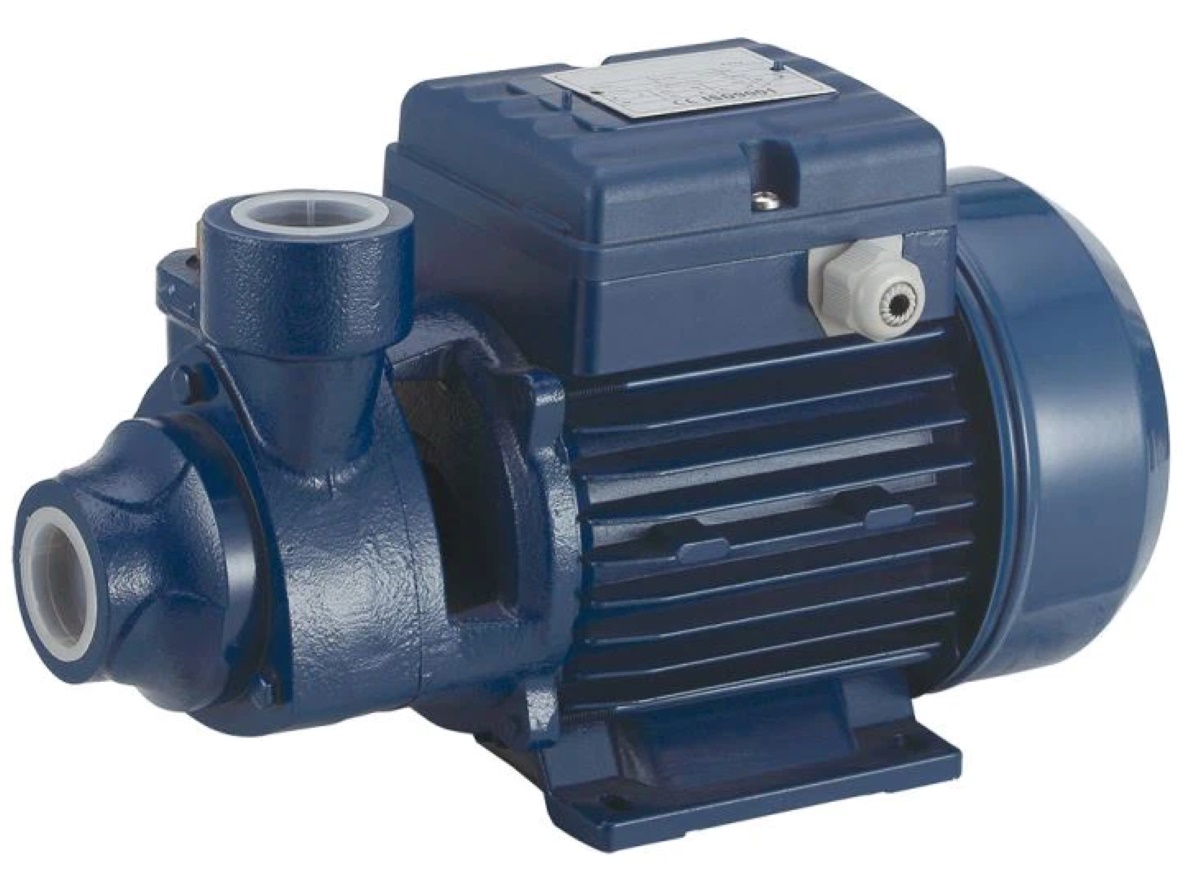

Articles
How To Choose Water Pump For House
Modified: December 7, 2023
Discover helpful articles on how to choose the perfect water pump for your house. Gain insights and make informed decisions for efficient water management.
(Many of the links in this article redirect to a specific reviewed product. Your purchase of these products through affiliate links helps to generate commission for Storables.com, at no extra cost. Learn more)
Introduction
When it comes to ensuring a steady water supply in your house, having the right water pump is crucial. A water pump is an essential component that helps in the distribution of water throughout your home, ensuring a constant flow of water for various activities like bathing, washing, and irrigation.
However, choosing the right water pump for your house can be a daunting task. With so many options available in the market, each designed to cater to different needs, it’s important to understand the factors to consider before making a decision.
In this article, we will explore the key factors that you should keep in mind when choosing a water pump for your house. We will also discuss the different types of water pumps available and provide insights into selecting the right one that fits your requirements.
By the end of this article, you will have a better understanding of how to choose a water pump that matches your specific needs, ensuring a reliable and efficient water supply for your house.
Key Takeaways:
- Choosing the right water pump for your house involves considering factors such as water demand, pressure requirements, power source, budget constraints, and installation and maintenance considerations. By understanding these factors, you can make an informed decision that ensures a reliable and efficient water supply for your household.
- Submersible pumps, centrifugal pumps, and jet pumps are the main types of water pumps available, each with its own advantages and limitations. Understanding the characteristics of each pump type can help you select the most suitable option for your specific water supply needs.
Read more: How To Choose The Best Water Pump
Factors to Consider When Choosing a Water Pump for Your House
Choosing the right water pump for your house requires careful consideration of several important factors. By taking these factors into account, you can select a water pump that meets your specific requirements and delivers optimal performance. Here are the key factors to consider:
- Water Demand: The first and most crucial factor to consider is the water demand of your house. You need to determine the average amount of water you use daily and also consider any future increase in demand. This will help you choose a water pump with the appropriate capacity to meet your household needs.
- Pressure Requirements: The desired water pressure in your house also plays a vital role in selecting the right water pump. Different appliances and fixtures, such as showers and sprinkler systems, require specific water pressure to function efficiently. Make sure to choose a water pump that can provide the necessary pressure for all your household activities.
- Power Source: Consider the availability of a reliable power source in your area. If you frequently experience power outages, you may want to opt for a water pump with a backup power supply or one that can operate using alternative power sources such as solar panels or generators.
- Budget Constraints: Set a realistic budget for your water pump purchase. There are various types and brands of water pumps available, each with its own price range. Take into account not just the initial cost but also the long-term maintenance and energy consumption costs associated with the pump.
- Installation and Maintenance Considerations: Assess the ease of installation and maintenance for the water pump you are considering. Some pumps require professional installation while others can be done by homeowners. Additionally, consider the availability of spare parts and the level of maintenance required to keep the pump in good working condition.
These factors may vary depending on your specific needs and the characteristics of your household. By evaluating these aspects, you will be better equipped to make an informed decision when choosing a water pump for your house.
Types of Water Pumps
There are several types of water pumps available in the market, each designed to cater to different applications and water supply needs. Understanding the different types can help you make an informed decision while selecting a water pump for your house. Here are the three main types of water pumps:
- Submersible Pumps: Submersible pumps are typically placed underwater, submerged in a well or reservoir. They are designed to push water to the surface and are commonly used for deep wells or areas with high water tables. Submersible pumps are known for their efficiency and quiet operation, making them suitable for residential applications where a constant and reliable water supply is required.
- Centrifugal Pumps: Centrifugal pumps use centrifugal force to move water and are widely used in both residential and commercial settings. They are versatile and can handle a wide range of water flow rates and pressures. Centrifugal pumps are easy to install and operate, making them a popular choice for various applications, including irrigation, firefighting, and water supply in residential buildings.
- Jet Pumps: Jet pumps are commonly used in shallow water wells or areas with low water tables. They work by creating a vacuum that draws water up to the surface. Jet pumps are available in two types: shallow well and deep well. Shallow well jet pumps are suitable for wells with a depth of 25 feet or less, while deep well jet pumps can handle greater depths. They are compact, easy to install, and suitable for residential water supply applications.
It’s important to note that each type of water pump has its own advantages and limitations. The choice of the pump type will depend on factors such as the depth of the water source, the required water pressure, and the specific needs of your household.
Consulting with a professional or a knowledgeable salesperson can assist you in selecting the right type of water pump that best suits your requirements.
Submersible Pumps
Submersible pumps are a type of water pump that is designed to operate while submerged in water, typically in a well or reservoir. They are widely used for both residential and commercial applications where a constant and reliable water supply is essential.
One of the key advantages of submersible pumps is their efficiency. By being submerged in water, these pumps do not need to rely on suction to draw water in, resulting in improved performance and reduced energy consumption. Submersible pumps can efficiently push water to the surface, ensuring a steady flow of water to meet household demands.
Submersible pumps are typically used in deep wells or areas with high water tables. They are capable of handling greater depths and higher pressures compared to other types of water pumps. The deep placement of the pump also minimizes the potential for noise and vibration, making submersible pumps a quiet and unobtrusive option for residential use.
Another advantage of submersible pumps is their durability. Being submerged in water provides protection against external elements such as debris and weather conditions. This ensures a longer lifespan and reduces the need for frequent maintenance or repairs. Additionally, submersible pumps are generally designed with corrosion-resistant materials, further enhancing their durability.
Installing a submersible pump requires professional assistance. The pump is typically attached to a pipe system that connects to the water source and delivers water to the surface. A control box is also installed to regulate the pump’s operation. Professional installation ensures proper alignment and functioning of the pump, ensuring optimal performance and preventing potential issues.
When selecting a submersible pump for your house, consider factors such as the depth of your well, the required water pressure, and the capacity of the pump. It is important to choose a pump that is capable of meeting your household’s water demands. Consulting with a professional can help determine the appropriate size and specifications for your specific needs.
In summary, submersible pumps are an efficient and reliable option for providing a constant water supply to your house. Their durability, quiet operation, and ability to handle greater depths make them suitable for residential applications. Proper installation and regular maintenance will ensure the long-term performance of the submersible pump in your household water system.
Centrifugal Pumps
Centrifugal pumps are one of the most commonly used types of water pumps, known for their versatility and wide range of applications. These pumps rely on centrifugal force to move water and are widely used in residential, commercial, and industrial settings.
The working principle of centrifugal pumps is relatively simple. As the name suggests, these pumps harness centrifugal force to propel water from the inlet to the outlet. The rotation of the impeller inside the pump creates a centrifugal force that pushes the water outward, increasing its velocity and causing it to move through the pump and into the piping system.
One of the key advantages of centrifugal pumps is their ability to handle a wide range of water flow rates and pressures. This makes them suitable for various applications, including water supply in residential buildings, irrigation systems, circulation of water in HVAC systems, and firefighting. Centrifugal pumps are also used in water treatment plants and industrial processes that require the transfer of large volumes of water.
Centrifugal pumps are known for their ease of installation and operation. They are relatively simple in design and require less maintenance compared to other types of water pumps. However, regular inspections and maintenance are still necessary to ensure optimal performance and longevity.
When selecting a centrifugal pump for your house, consider factors such as the required flow rate, pressure head, and power source. The flow rate will determine how much water the pump can deliver, while the pressure head indicates the maximum height or distance the pump can push water. Additionally, consider the power source available in your area, as centrifugal pumps typically run on electricity.
It’s important to note that centrifugal pumps are not suitable for pumping abrasive or viscous liquids as they can cause wear and tear on the impeller and piping systems. It’s also important to select the right pump size to avoid excessive energy consumption and inefficiency.
In summary, centrifugal pumps offer versatility and reliability for various water pumping needs. Their ability to handle different flow rates and pressures, coupled with their ease of installation and operation, make them a popular choice in residential, commercial, and industrial settings. Proper selection, installation, and maintenance will ensure optimal performance and longevity.
Read more: What Does A Water Pump Do In A House
Jet Pumps
Jet pumps are a type of water pump that are commonly used in shallow water wells or areas with low water tables. They are designed to create a vacuum that draws water up to the surface, providing a reliable source of water for residential applications.
There are two main types of jet pumps: shallow well jet pumps and deep well jet pumps. Shallow well jet pumps are suitable for wells with a depth of 25 feet or less, while deep well jet pumps can handle greater depths. The primary difference between the two is the placement of the jet assembly, which determines their maximum pumping capabilities.
Jet pumps are known for their compact size and ease of installation. They typically consist of a motor, impeller, and a jet assembly. The motor drives the impeller, creating a flow of water that is directed through the jet assembly. This flow of water creates a vacuum, drawing more water from the well and pushing it to the surface.
One of the advantages of jet pumps is that they are self-priming, meaning they can draw water from a well even if it is not already filled with water. This makes them convenient and efficient for homes with intermittent or low water supply.
However, it’s important to consider the limitations of jet pumps. They are generally not suitable for deep wells or areas with high water tables. They also have a lower overall efficiency compared to other types of water pumps. Additionally, jet pumps may be noisier compared to submersible or centrifugal pumps.
When selecting a jet pump for your house, consider factors such as the depth of your well and the required water pressure. It’s important to choose a pump that is capable of drawing water from the well and providing sufficient pressure for your household needs. Consulting with a professional can help determine the appropriate size and specifications for your specific requirements.
In summary, jet pumps are a compact and efficient option for shallow wells or areas with low water tables. Their self-priming capabilities and ease of installation make them suitable for residential applications. However, it’s important to consider their limitations and ensure that the pump is properly sized to meet your water supply requirements.
Factors to Consider When Selecting the Right Water Pump for Your House
Choosing the right water pump for your house involves considering several factors to ensure that it meets your specific requirements. By taking these factors into account, you can select a water pump that delivers optimal performance and provides a reliable water supply for your household. Here are the key factors to consider:
- Water Demand: Assess your household’s average water demand, taking into consideration the number of occupants, daily activities, and future growth. This will help determine the capacity and flow rate required from the water pump to meet your needs.
- Pressure Requirements: Determine the desired water pressure for your household. This will depend on the appliances and fixtures you have, such as showers, sprinkler systems, and faucets. Select a water pump that can provide the necessary pressure to ensure proper functioning.
- Power Source: Consider the availability and reliability of the power source in your area. If power outages are common, you may want to choose a water pump that has a backup power supply or can operate using alternative power sources like solar panels or generators.
- Budget Constraints: Set a budget for your water pump purchase, taking into account not only the initial cost but also long-term maintenance and energy consumption costs. Balance your budget with the quality and performance of the pump to ensure value for money.
- Installation and Maintenance Considerations: Evaluate the ease of installation and maintenance for the water pump. Some pumps may require professional installation, while others may be suitable for DIY installation. Also, consider the availability of spare parts and the level of maintenance required to keep the pump in good condition.
It’s important to note that these factors may vary depending on the specific needs of your household and the characteristics of your water source. Consulting with a professional or a knowledgeable salesperson can provide valuable insights and guidance in selecting the right water pump for your house.
By carefully evaluating these factors, you will be able to choose a water pump that is capable of meeting your household’s water demands, providing optimal performance, and ensuring a reliable and efficient water supply for your house.
When choosing a water pump for your house, consider the water demand, pressure requirements, and the type of water source (well, lake, etc.). Make sure to select a pump that meets these specific needs for optimal performance.
Water Demand
Assessing the water demand of your household is a crucial factor when selecting a water pump for your house. Understanding your water usage requirements will help you choose a pump with the appropriate capacity to meet your needs.
Start by considering the number of occupants in your house and their typical water usage patterns. Take into account activities such as bathing, showering, dishwashing, laundry, and watering the garden. Each activity requires a certain amount of water, and you need to ensure that your water pump can deliver sufficient flow to meet these demands.
Consider any potential future growth in your household, such as the addition of family members or changes in lifestyle. Anticipating future water demands will help you select a pump that can accommodate increasing usage requirements.
Estimate the average daily water usage in gallons or liters to determine the flow rate needed from the water pump. This can be calculated by looking at historical water bills or using water meters. Keep in mind that the flow rate should be able to meet peak demand periods when multiple activities are taking place simultaneously.
In addition to indoor water needs, consider any outdoor water requirements. If you have a garden or lawn that requires irrigation, factor in the amount of water needed for these purposes. Outdoor water demand should be accounted for when determining the capacity of your water pump.
It’s important to strike a balance between providing enough water for your household’s needs and avoiding excessive water consumption. Choosing a pump that is too large for your requirements can result in unnecessary energy consumption and higher operating costs. On the other hand, selecting a pump with insufficient capacity can lead to inadequate water supply and decreased functionality.
Consulting with a professional plumber or water pump expert can help you accurately determine your water demand and select a pump that matches your specific needs. They can provide valuable guidance in choosing the appropriate capacity and flow rate for your household.
By considering your water demand and selecting a water pump that meets those requirements, you can ensure a steady and reliable water supply for your house, catering to the needs of your household members and activities.
Pressure Requirements
When choosing a water pump for your house, it is essential to consider the desired water pressure you need for your household activities. Different appliances and fixtures, such as showers, faucets, and sprinkler systems, require specific water pressure levels to function optimally.
Water pressure is typically measured in pounds per square inch (psi) or bars. Most residential properties require a water pressure range between 40 to 60 psi (2.8 to 4.1 bar). However, it’s important to check local building codes and regulations to ensure compliance.
Start by identifying the appliances and fixtures in your house that have specific water pressure requirements. For example, a shower may require a minimum pressure of 40 psi (2.8 bar) to provide a comfortable and invigorating shower experience. Sprinkler systems, on the other hand, may require higher pressure to effectively distribute water throughout the garden or lawn.
Once you have identified the pressure requirements of your appliances, you can select a water pump that can deliver the desired pressure. Consider the pump’s pressure rating, which indicates the maximum pressure it can generate. Ensure that the pump can provide the minimum pressure needed by your appliances while leaving some room for adjustments.
In some cases, you may need to install a pressure booster system if the incoming water pressure from your water source is insufficient to meet your needs. A pressure booster helps increase the pressure of the water supplied by the pump, ensuring that it meets the requirements of your household appliances.
It’s important to note that extremely high water pressure can cause damage to plumbing fixtures and appliances. Excessive pressure can lead to leaks, burst pipes, and unnecessary strain on the pump. Therefore, ensure that the pump you select can provide sufficient pressure without exceeding the recommended limits.
Consulting with a plumber or water pump expert can help you determine the ideal pressure requirements for your house and choose a pump that can meet those needs effectively. They can also guide you on the proper installation of pressure regulators or pressure boosting systems, if necessary.
By considering the pressure requirements of your appliances and selecting a water pump that can deliver the desired pressure, you can ensure proper functionality and optimal performance for your household’s water supply needs.
Read more: How To Tell If Your House Water Pump Is Bad
Power Source
When selecting a water pump for your house, one important factor to consider is the availability and reliability of the power source in your area. The power source will determine the type of pump you can use and its ability to deliver a consistent and reliable water supply.
Most water pumps for residential use rely on electricity as their primary power source. Before choosing a pump, ensure that you have access to a stable source of electricity to power the pump continuously. Check the electrical infrastructure in your house and make sure it can handle the power requirements of the pump.
If you live in an area with frequent power outages or have an unreliable electrical grid, you may want to consider alternative power sources for your water pump. One option is to invest in a pump that has a backup power supply, such as a built-in battery or a generator. This ensures that you still have access to a water supply during power outages.
An increasingly popular option for powering water pumps is solar energy. Solar-powered pumps utilize photovoltaic panels to convert sunlight into electricity, eliminating the need for a grid connection. This can be a particularly viable option if you live in a sunny region with ample solar energy potential.
Depending on the availability of power sources in your area and your specific needs, you can choose a water pump that aligns with the power source that suits you best. Consider the long-term costs and sustainability of the chosen power source to make an informed decision.
It is worth noting that certain pumps may have specific power requirements, such as voltage or phase compatibility. Ensure that the power source you have can meet these requirements to avoid compatibility issues and ensure the proper functioning of the pump.
Consulting with a professional electrician or pump supplier can provide valuable insights into the power source options available to you and help you determine the best choice for your specific circumstances.
By considering the availability and reliability of the power source and selecting a water pump that aligns with your power requirements, you can ensure a consistent and uninterrupted water supply for your house.
Budget Constraints
When choosing a water pump for your house, it’s important to consider your budget constraints. Setting a realistic budget will help you narrow down your options and select a pump that meets your needs without breaking the bank.
Start by determining how much you are willing to spend on a water pump. Consider not only the initial purchase cost but also the long-term costs associated with maintenance and energy consumption.
Keep in mind that higher-priced pumps often come with advanced features, better efficiency, and improved durability. However, it’s essential to strike a balance between your budget and the quality of the pump. Sometimes, a mid-priced pump can provide sufficient performance for your needs without the need for expensive and unnecessary features.
Research different brands and models of water pumps within your budget range. Read customer reviews and compare prices to find the best options. Additionally, consider the warranty offered by the manufacturer, as a longer warranty can provide peace of mind and potentially save you money on future repairs or replacements.
It’s important to note that choosing a pump solely based on the initial cost may result in higher operating costs in the long run. Consider the energy efficiency of the pump and its long-term maintenance requirements. A more energy-efficient pump may have a slightly higher upfront cost but can significantly reduce your energy bills over time.
Consulting with a knowledgeable salesperson or water pump expert can provide valuable insights into the best pumps available within your budget. They can help explain the features and performance of different pumps, ensuring that you make an informed decision.
Finally, it’s crucial to remember that your budget should not solely determine your choice of a water pump. While it’s important to be mindful of your budget constraints, prioritize quality and performance to ensure a reliable and efficient water supply for your household.
By considering your budget and comparing different options, you can find a water pump that strikes the right balance between affordability and functionality, providing you with the best value for your investment.
Installation and Maintenance Considerations
When selecting a water pump for your house, it’s important to take into account the installation and maintenance requirements associated with the pump. Proper installation and regular maintenance are crucial for ensuring the long-term functionality and efficiency of the pump. Here are some key considerations:
Professional Installation: Assess whether the pump requires professional installation or if it can be installed by yourself. Certain pumps may have specific installation requirements or may need to be connected to your existing plumbing system. In such cases, hiring a professional plumber or a pump installation expert can ensure proper installation and prevent any potential issues.
Availability of Spare Parts: Consider the availability of spare parts for the chosen water pump. It’s important to select a pump from established brands or manufacturers that offer readily available spare parts. This ensures that if any component of the pump needs replacement in the future, you can easily obtain the required parts without causing major disruptions to your water supply.
Maintenance Requirements: Different water pumps have varying maintenance needs. Some may require regular cleaning, lubrication, or filter replacements. Assess the level of maintenance required for the chosen pump and consider whether you are willing and able to perform the necessary maintenance tasks. If you prefer a pump with minimal maintenance requirements, look for options that are designed for low-maintenance operation.
Access for Repairs: Consider the ease of accessing the pump for repairs or maintenance. If the pump is installed in a location that is difficult to reach, it may hinder the ability to carry out necessary repairs or inspections. Ensure that the pump is positioned in a location that allows easy access for maintenance and any potential repairs in the future.
Manufacturer’s Guidelines: Follow the manufacturer’s guidelines and recommendations for installation, operation, and maintenance. Each pump may have specific instructions that should be followed to ensure optimal performance and to comply with any warranties. Ignoring these guidelines may result in a shortened lifespan of the pump or voiding any applicable warranties.
Regular Inspections: Schedule regular inspections of the water pump to identify any potential issues early on. Check for leaks, unusual noises, or reduced performance. Promptly address any identified problems to prevent them from worsening and causing further damage to the pump or the overall water supply system.
Consulting with a professional plumber or a pump expert can provide valuable guidance on installation and maintenance considerations. They can offer insights into the specific requirements of different pump models and assist you in making informed decisions regarding the installation and long-term maintenance of the water pump.
By considering the installation and maintenance aspects associated with the chosen water pump, you can ensure a smooth installation process, minimize future maintenance issues, and maintain optimal performance throughout the lifespan of the pump.
Conclusion
Choosing the right water pump for your house is a crucial decision that directly affects the reliability and efficiency of your water supply. By considering various factors and understanding your specific requirements, you can select a water pump that meets your needs and provides a consistent and steady flow of water throughout your home.
Start by assessing the water demand and pressure requirements of your household. Understanding your water usage patterns and the desired water pressure for different appliances will help you determine the capacity and specifications needed from the water pump.
Consider the power source available in your area and choose a pump that aligns with the available power options. If power outages are common, consider a pump with backup power capabilities or one that operates using alternative power sources like solar energy.
Set a realistic budget for the water pump purchase, considering the initial cost as well as long-term maintenance and energy consumption expenses. Find the right balance between affordability and quality to ensure a pump that fits within your budget without compromising on performance.
Another important consideration is the installation and maintenance requirements of the pump. Assess whether professional installation is necessary and consider the availability of spare parts. Additionally, determine the level of maintenance required and ensure that you can meet those needs for optimal pump performance.
In conclusion, selecting the right water pump for your house requires careful consideration of various factors. By understanding your water demand, pressure requirements, power source options, budget constraints, and installation and maintenance considerations, you can make an informed decision that ensures a reliable and efficient water supply for your household.
Consulting with professionals in the field, such as plumbers or pump experts, can provide valuable guidance and insights to help you choose the most suitable water pump for your specific needs. With the right water pump in place, you can enjoy the convenience of a steady and dependable water supply in your house.
Frequently Asked Questions about How To Choose Water Pump For House
Was this page helpful?
At Storables.com, we guarantee accurate and reliable information. Our content, validated by Expert Board Contributors, is crafted following stringent Editorial Policies. We're committed to providing you with well-researched, expert-backed insights for all your informational needs.
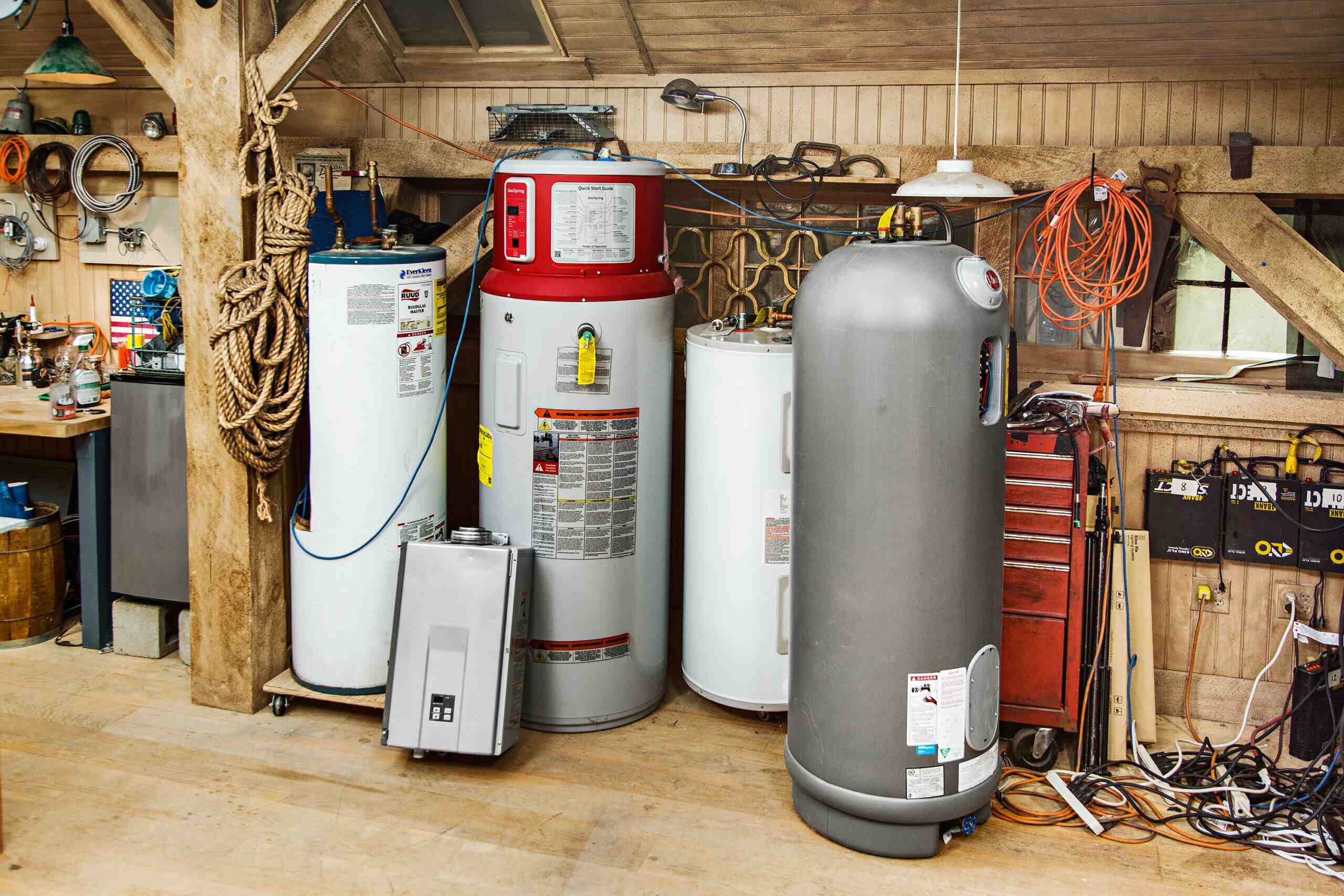

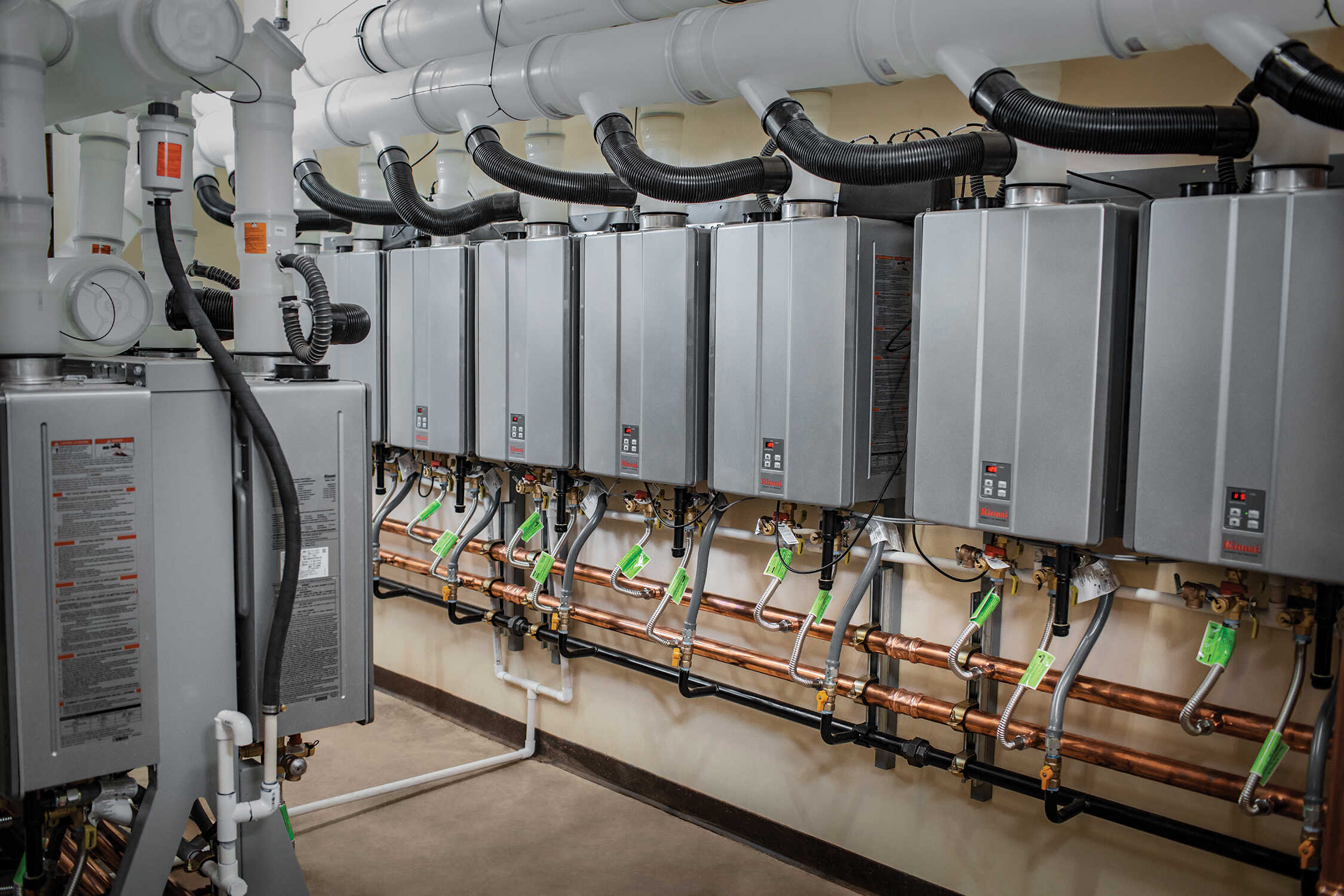
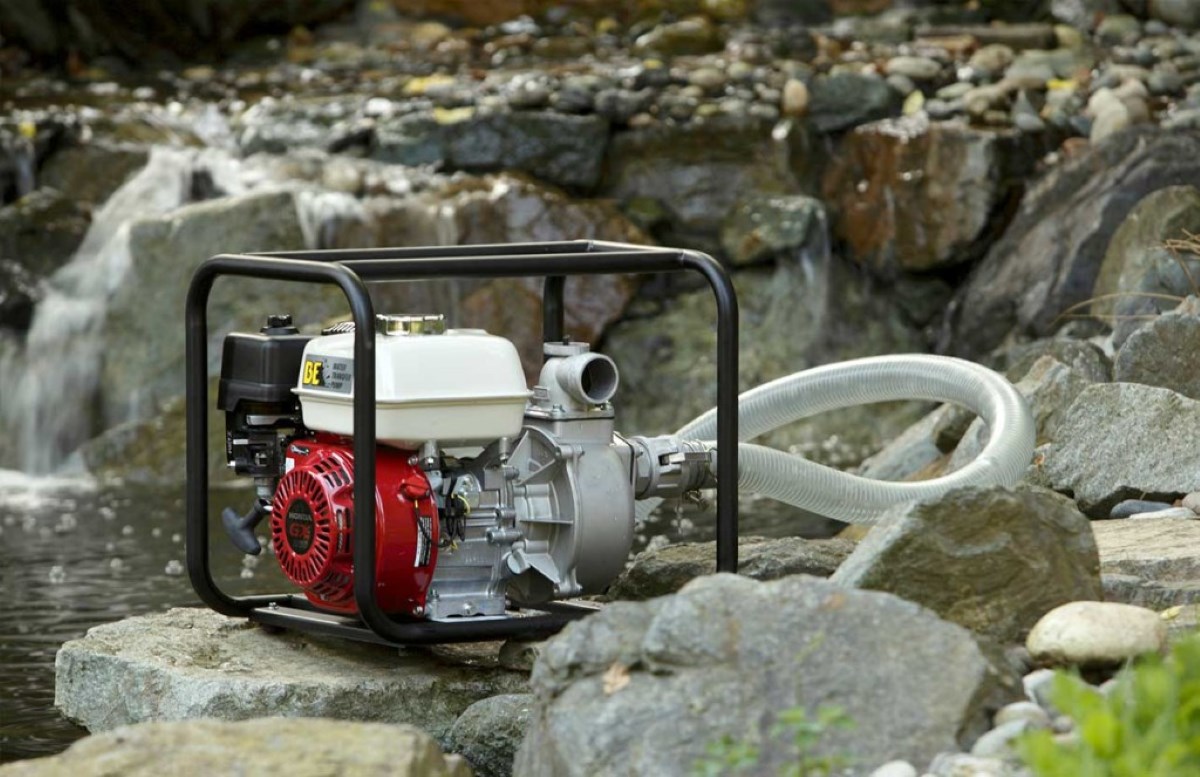
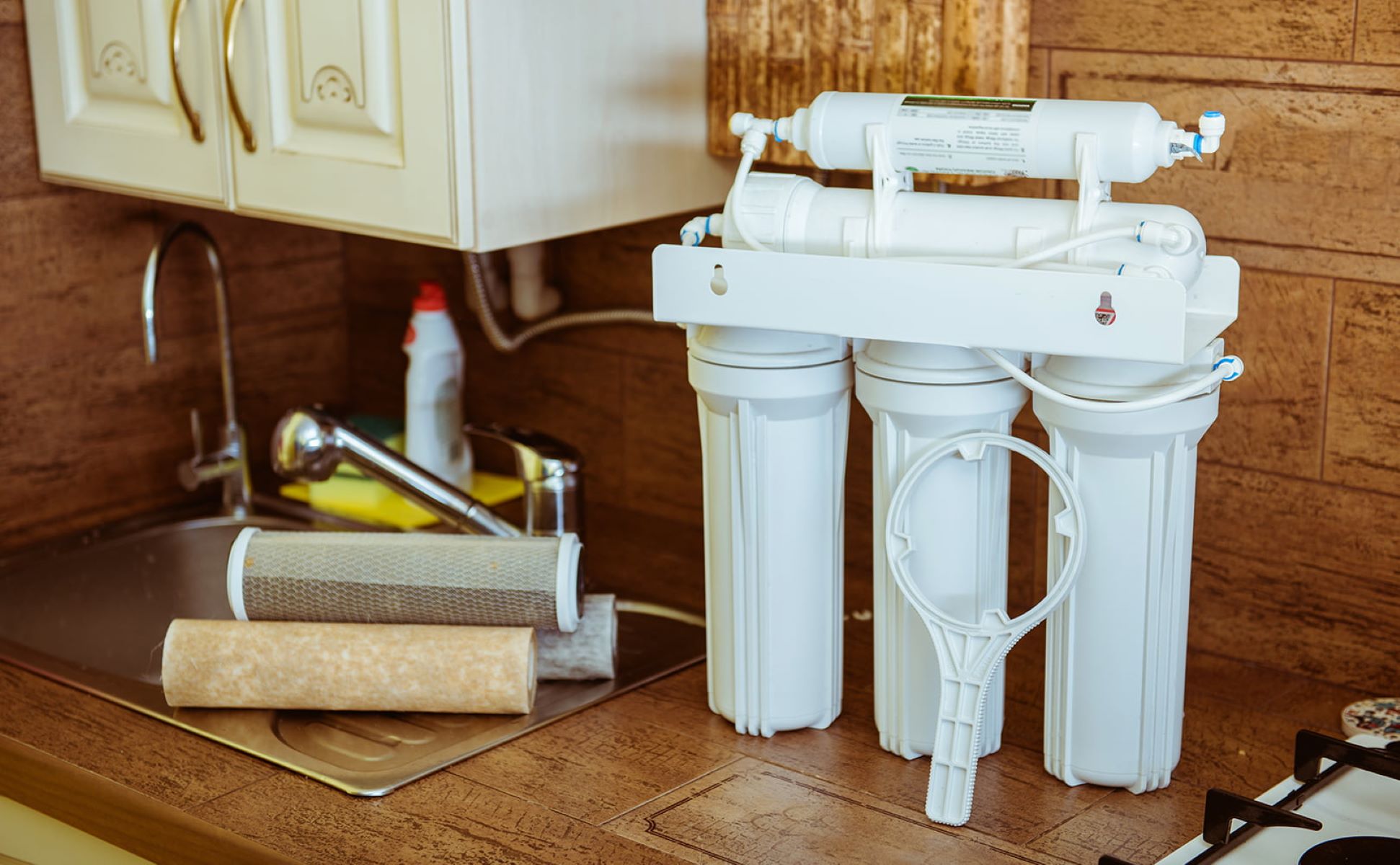
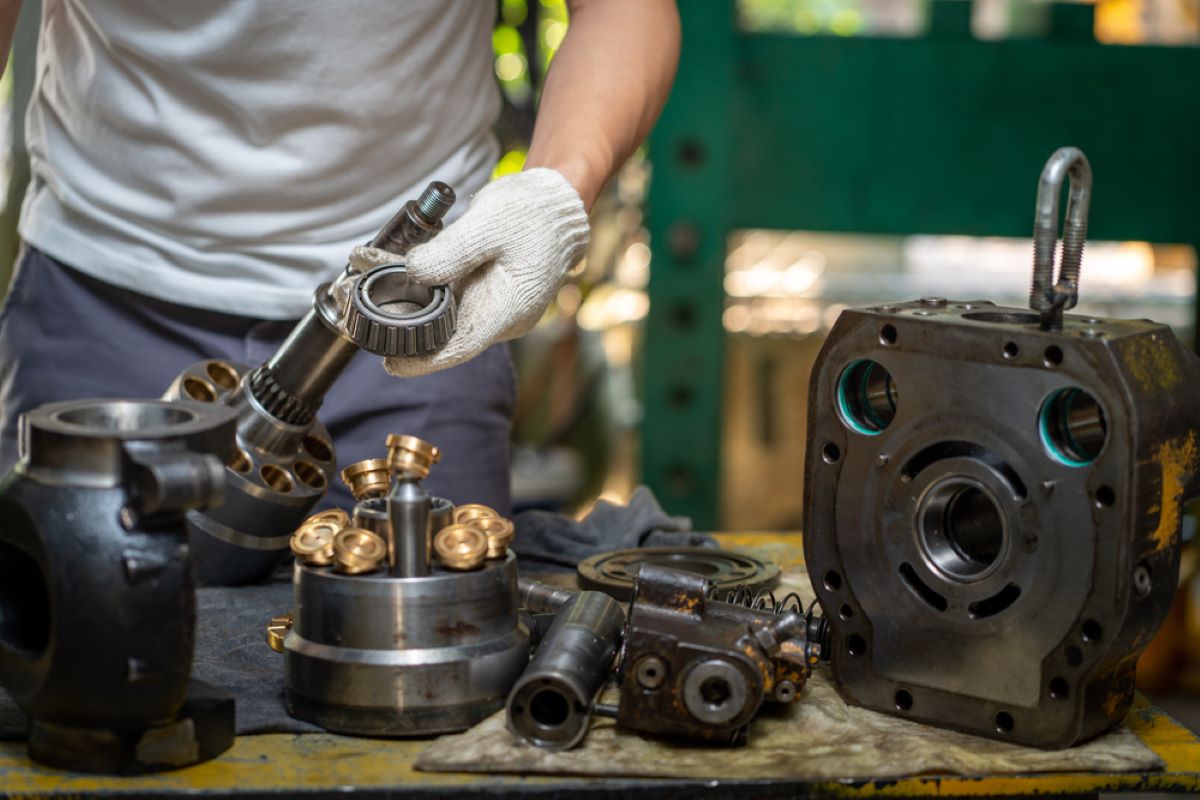
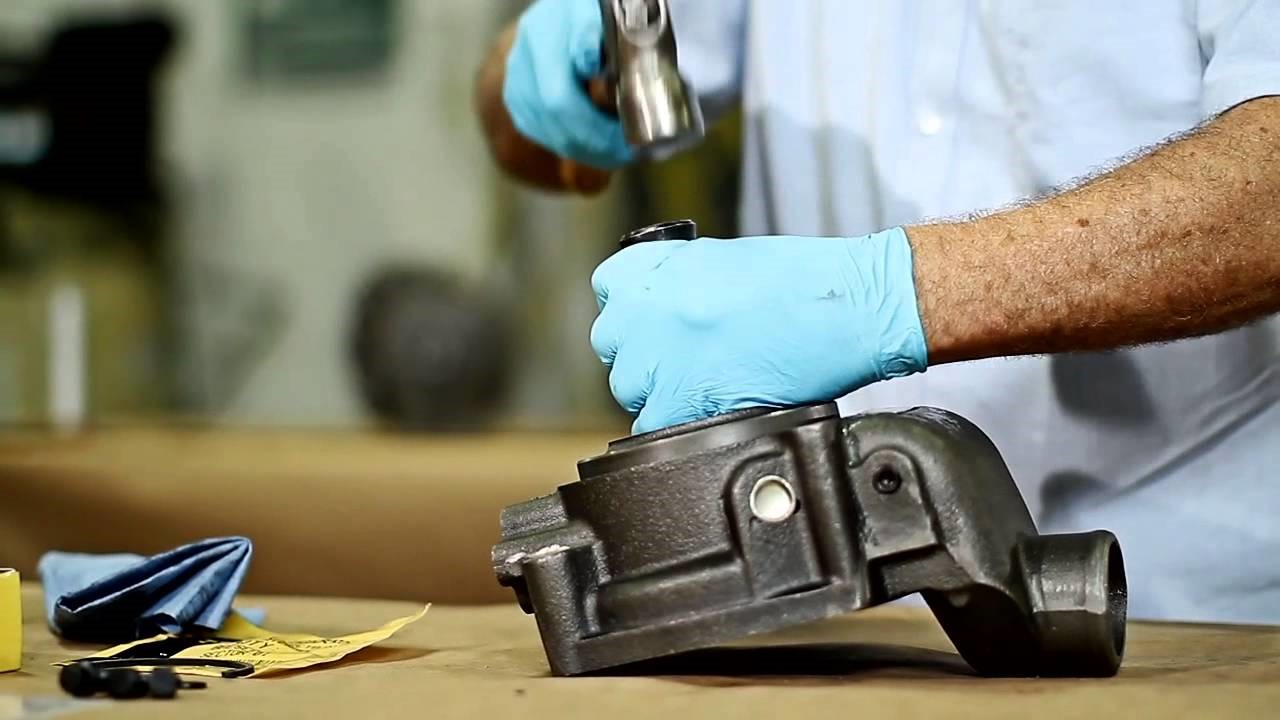
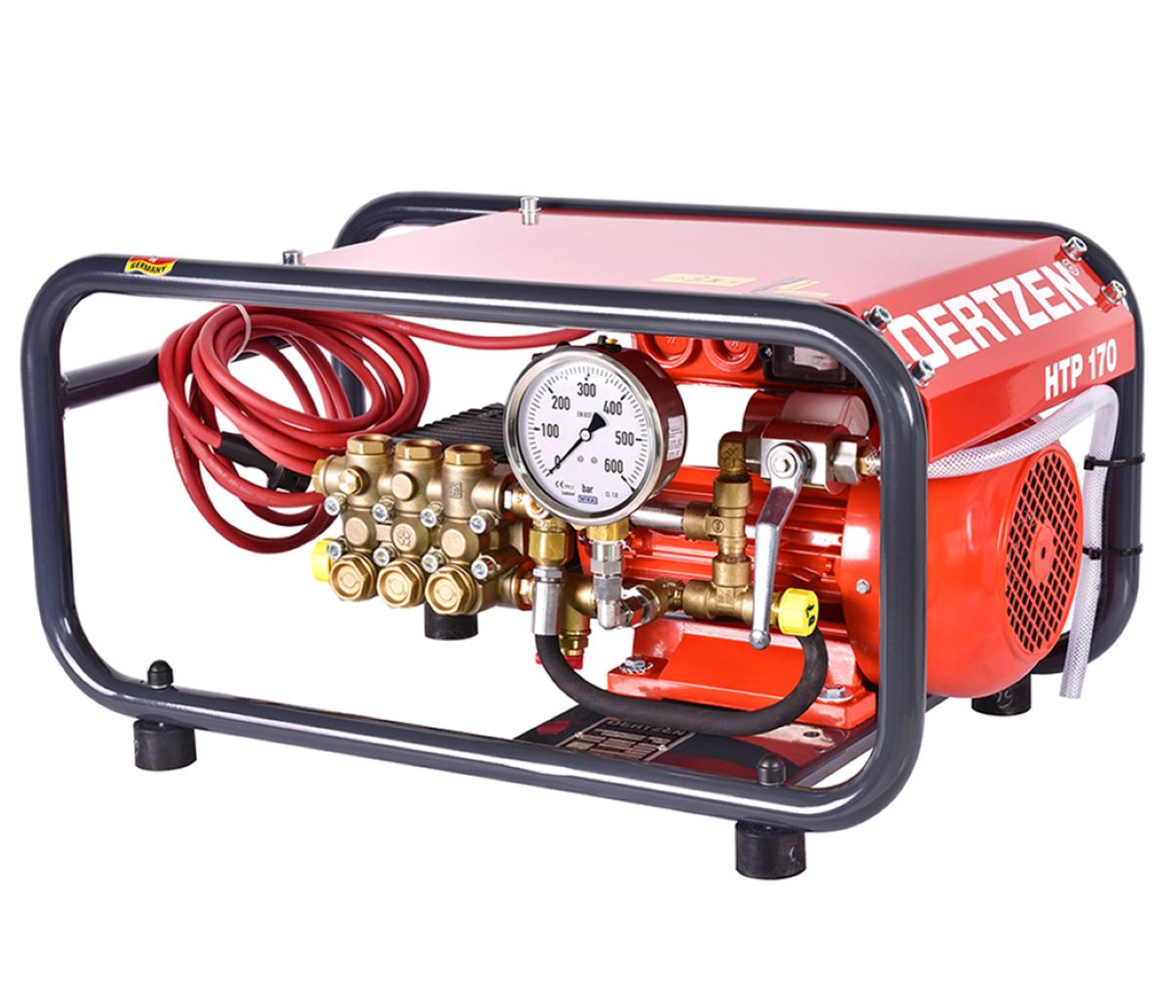
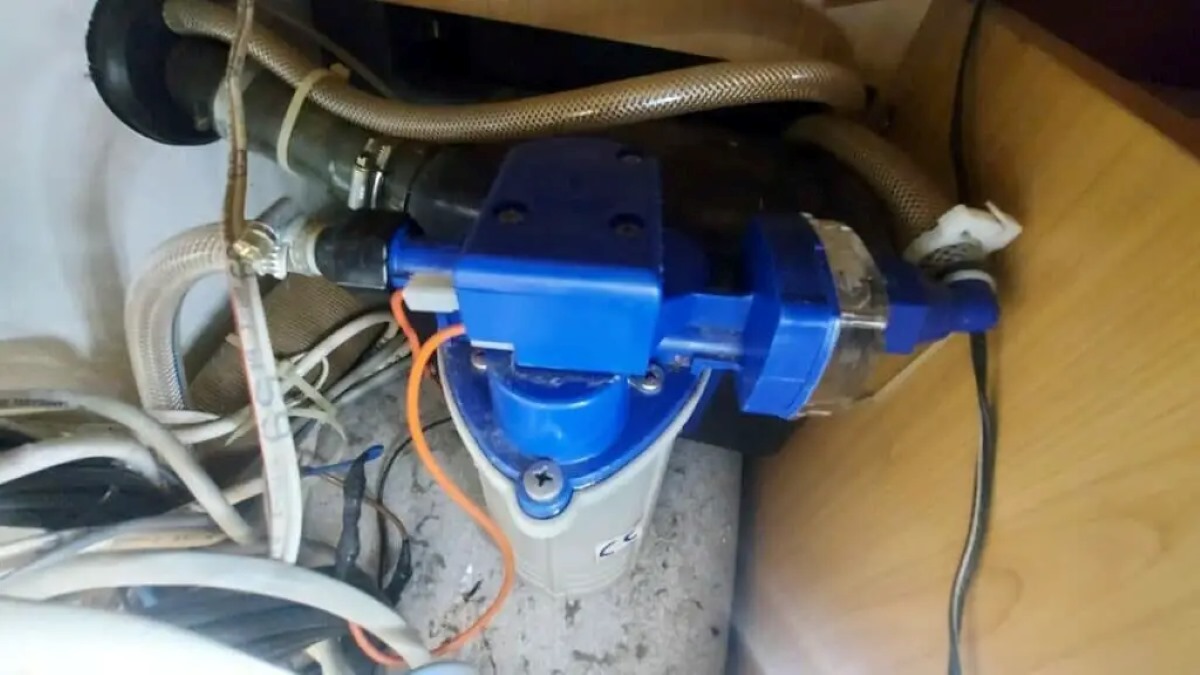
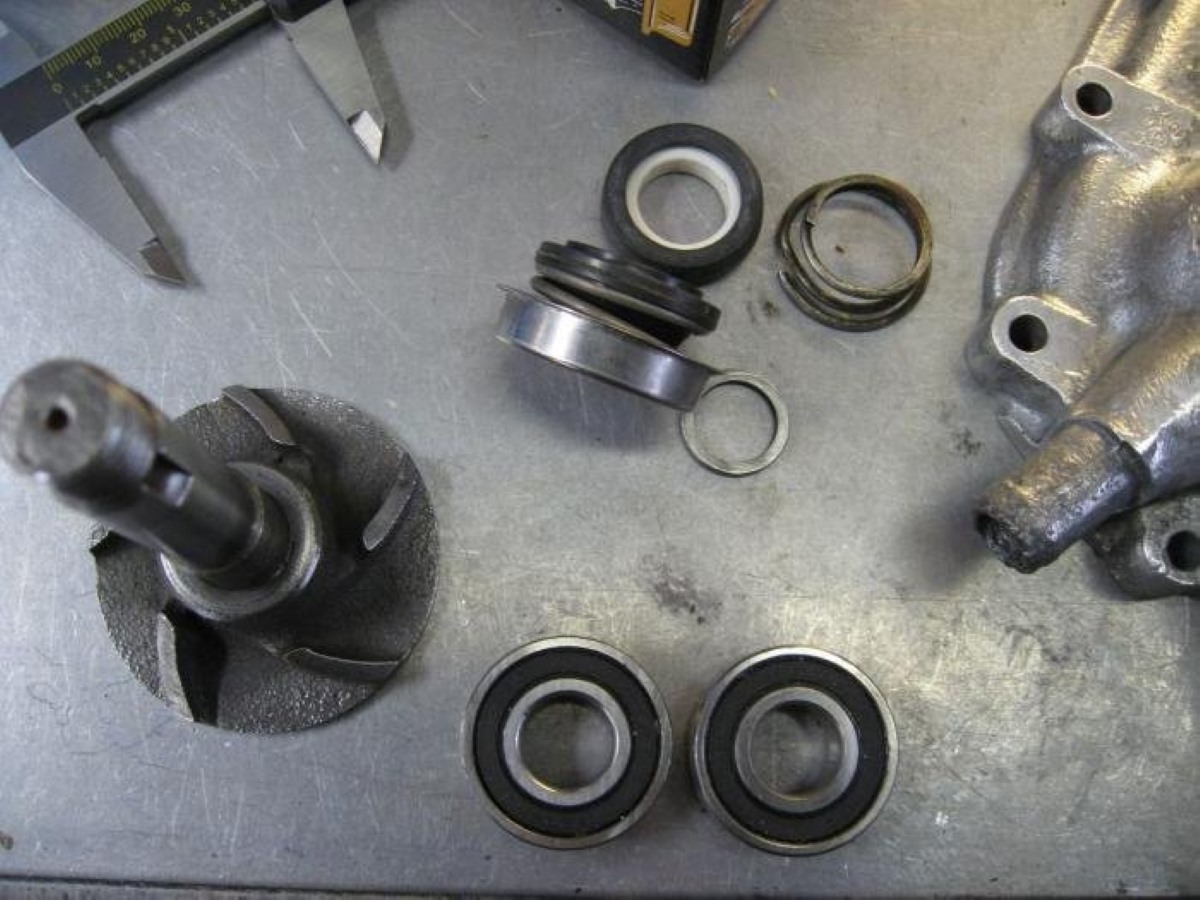
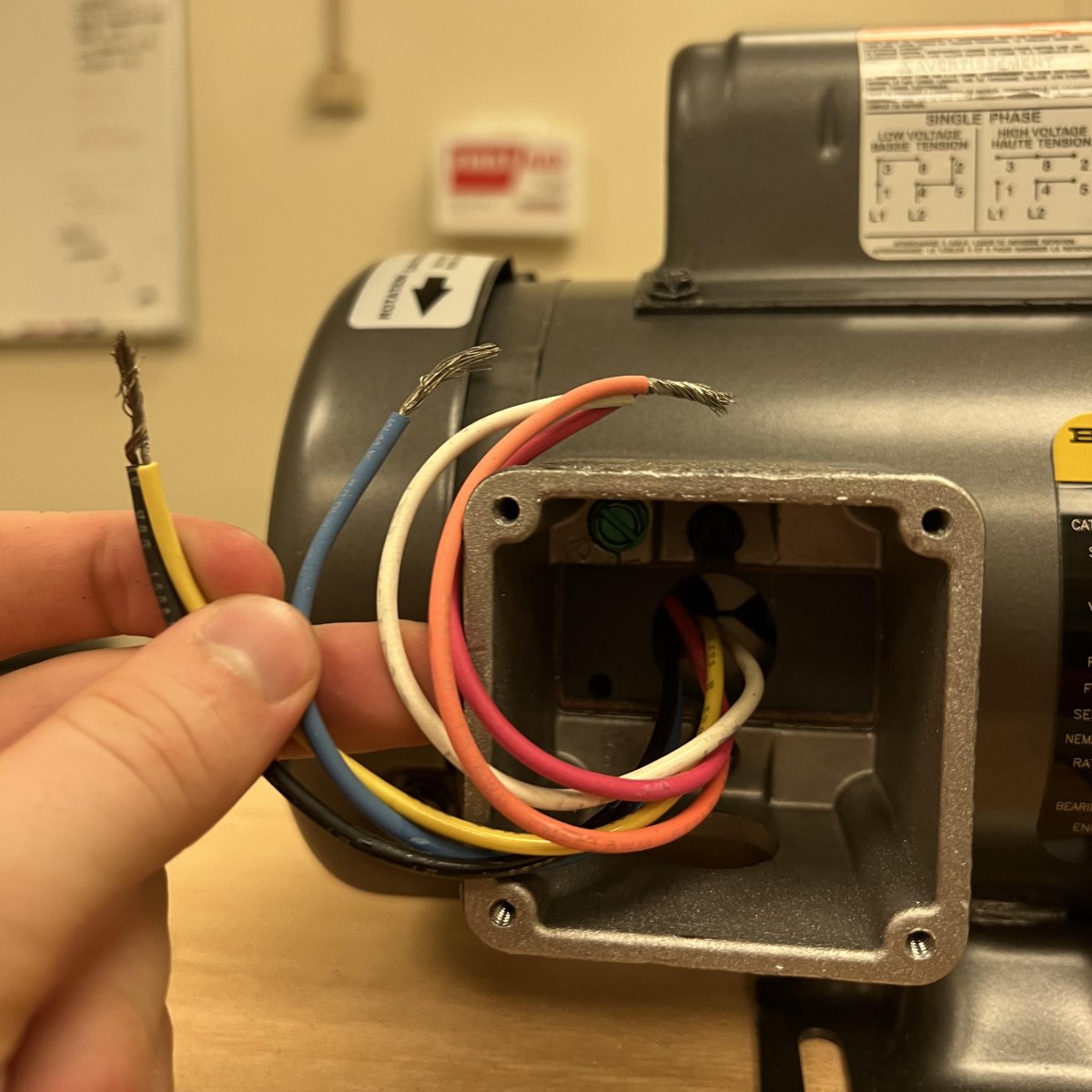
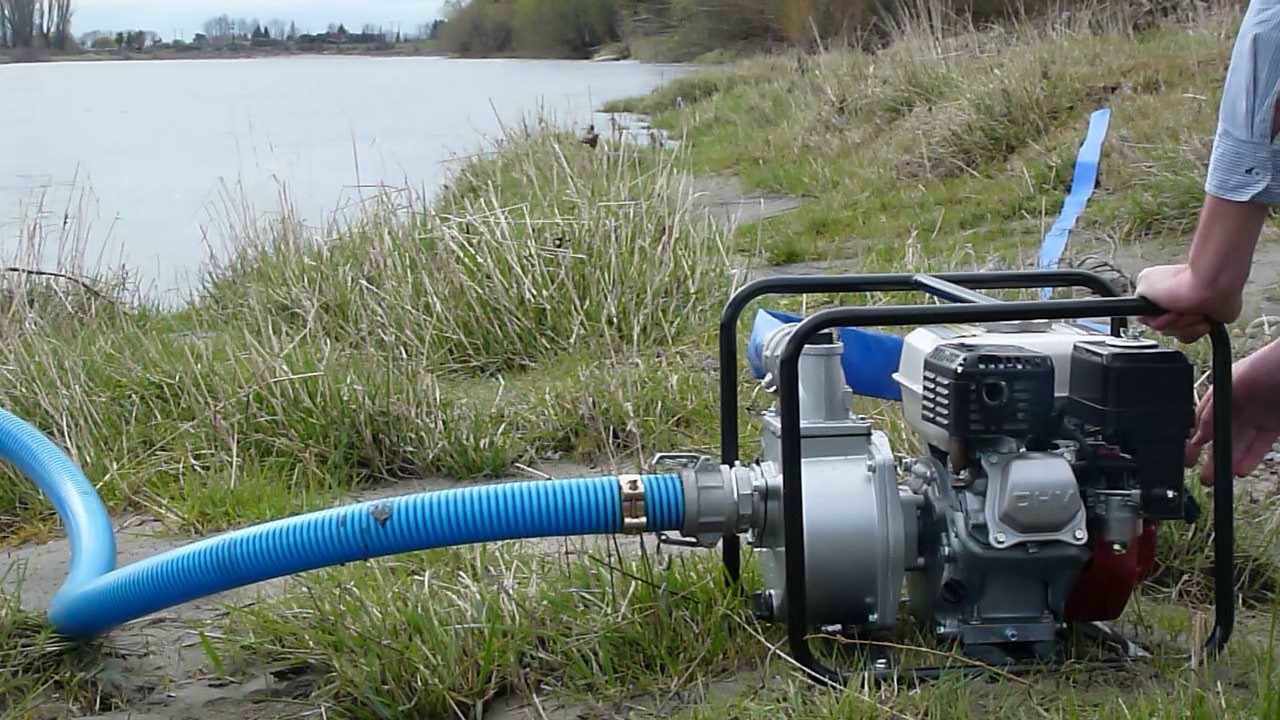
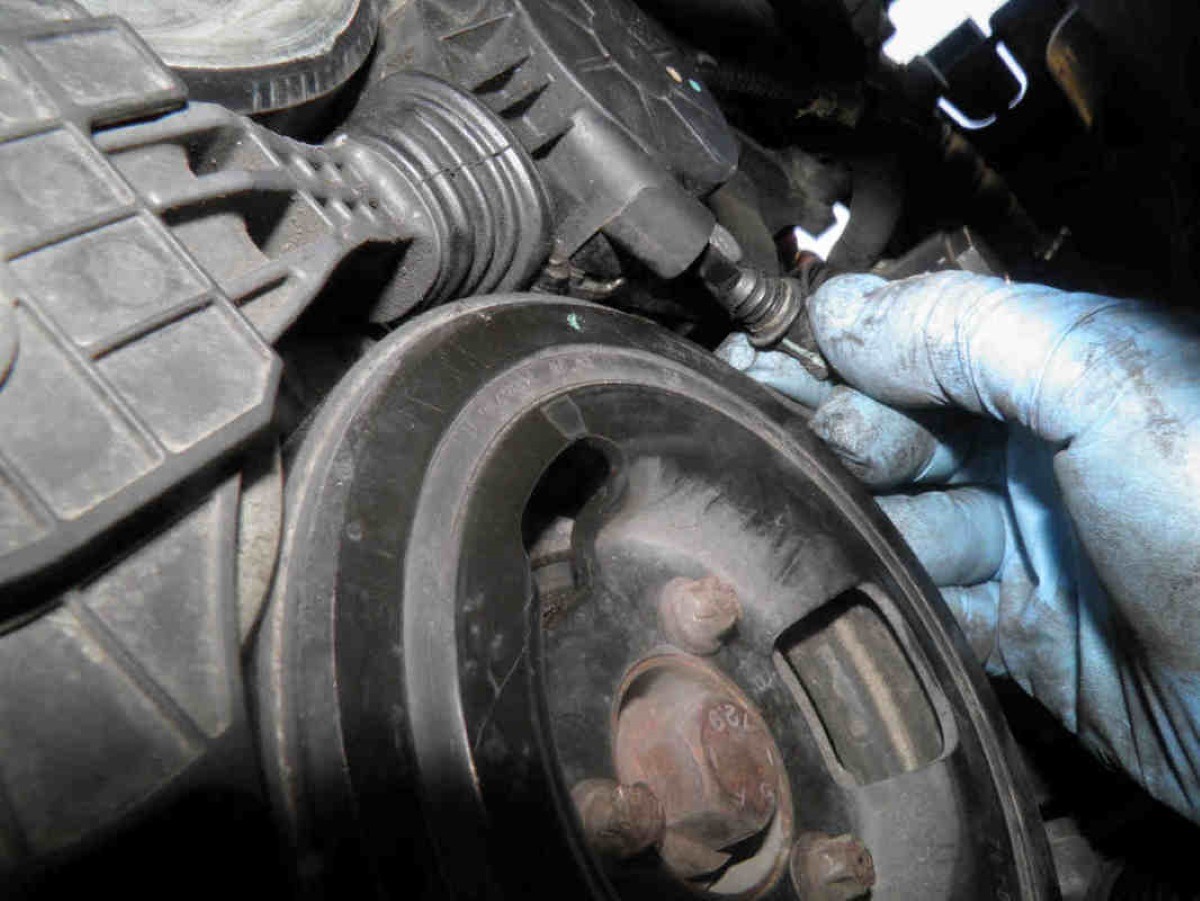

0 thoughts on “How To Choose Water Pump For House”